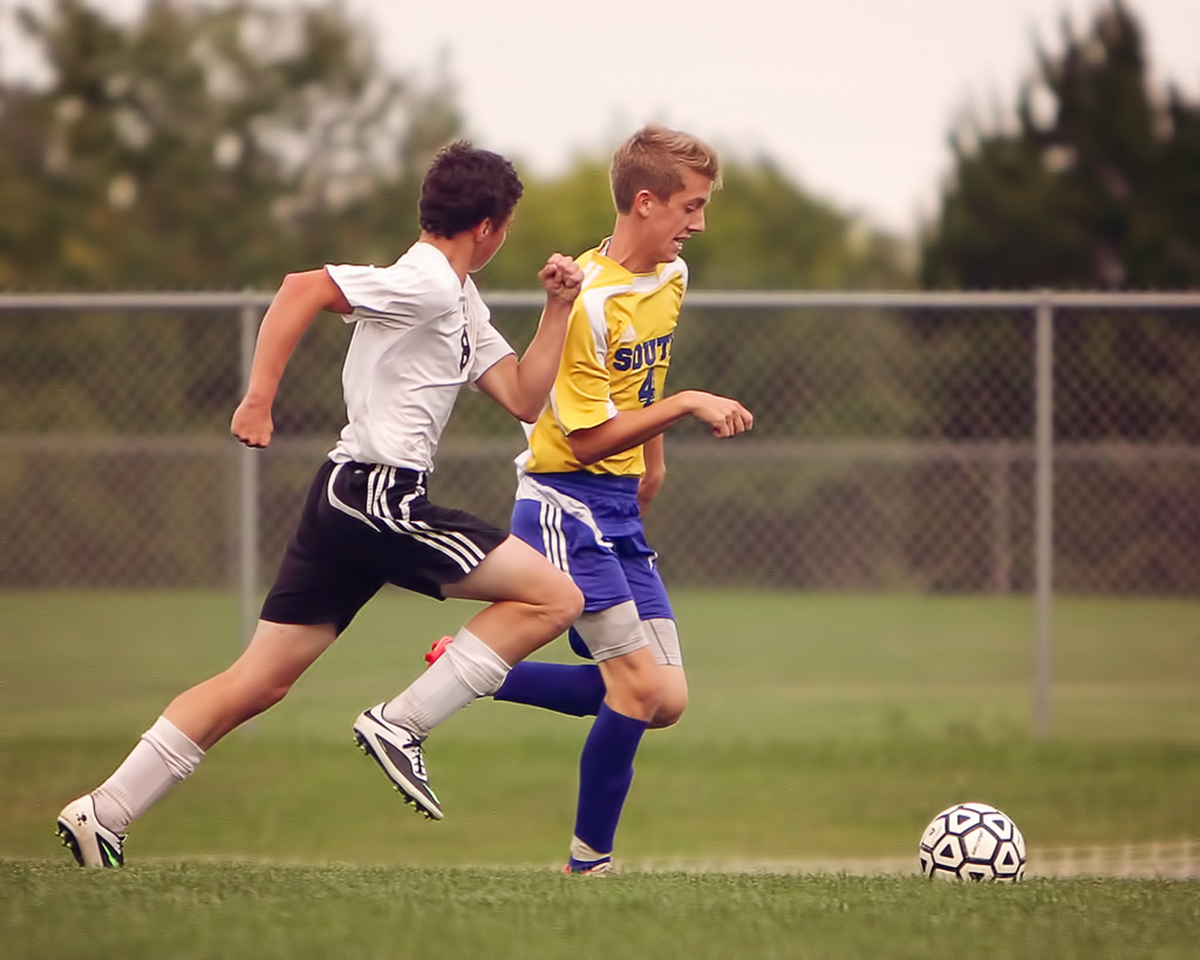Table of Contents
When young people with asthma want to participate in high school athletics, a partnership must develop between the student, coaches and parents. All three must work together to make sure the student can manage symptoms.
Symptom Management For Athletes
After an asthma diagnosis, high school athletes should start by talking to their doctor about what sport they plan on playing. They should also talk about treatment options. Understanding the different types of medications and treating symptoms early may help manage asthma attacks before they become severe.

There are different types of medication used to treat asthma. Some medications are needed when symptoms occur. Other drugs are prescribed to prevent symptoms from developing. It is essential to understand the difference and know when to take what. For instance, ask your doctor about using a fast-acting bronchodilator, such as Albuterol, about 15 minutes before participating in sports. The medication, which comes in the form of an inhaler, works by relaxing the muscles in the airways, which opens them up. If you have exercised induced asthma, using an inhaler before you start running around may help.
Also, let your coach know you may bring your inhaler to practices, workouts and games. If you develop symptoms, such as trouble breathing or wheezing while playing, take a break and use your inhaler as prescribed. Wait until symptoms have stopped before going back in.
Asthma Precautions To Consider
Although asthma does not have to prevent a high school student from playing sports, they must take certain precautions. Consider keeping a log to determine what causes your asthma symptoms to develop. Do you start wheezing after exercise, do symptoms occur seasonally, or do certain fumes cause your chest to become tight? Once you identify what triggers your symptoms, you may be able to avoid it.
If asthma attacks are triggered by cold weather or allergens, such as pollen, pay special attention to these conditions. Be aware of days when pollen counts are very high and be sure to follow all your doctor's recommendations.
It is also important to know when to take it easy. If you have a cold or other type of respiratory infection, asthma symptoms may develop more quickly. Consider sitting the game out if needed. Keep in mind, asthma symptoms can exacerbate, and a condition known as status asthmaticus can develop. This condition may develop when symptoms become severe and do not respond to standard treatment, such as bronchodilators. Status asthmaticus can lead to respiratory failure and death.
Lastly, if you are a parent, talk to your kids about their condition. Let them be actively involved in managing their condition. High school athletes are often very competitive. That fact combined with youthful feelings of invincibility may make it challenging to get a high school athlete to realize the seriousness of asthma when playing sports. In most cases, with proper education, having asthma should not prevent high school athletes from getting in the game.
- http://www.ncbi.nlm.nih.gov/pmc/articles/PMC1250269/ https://www.aafa.org/display.cfm?sub=42&id=8
- Photo courtesy of Bill Selak via Flickr: www.flickr.com/photos/billselak/2838081913
- Photo courtesy of ·tlc∙ via Flickr: www.flickr.com/photos/tc57/15360709222


Your thoughts on this